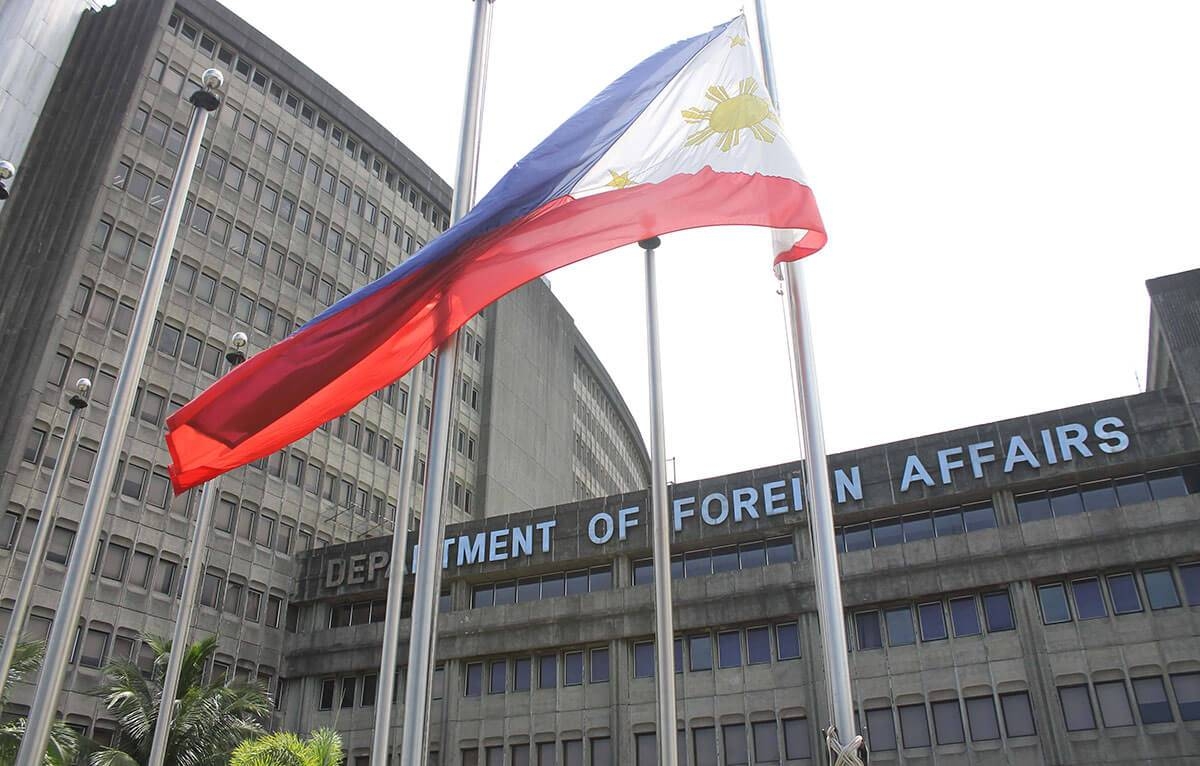The Escalating Tensions in the Indo-Pacific Region
The escalating tensions in the Indo-Pacific region have brought China’s excessive maritime claims and aggressive behavior into the spotlight. The Department of Foreign Affairs (DFA) has recently emphasized the detrimental impact of these actions on peace and stability in the region. In response to China’s accusation that the recent trilateral summit introduced bloc confrontation, the DFA firmly stated its position.
The First Trilateral Summit
The first trilateral summit, hosted by US President Joe Biden and attended by Japanese Prime Minister Kishida Fumio and Philippine President Ferdinand Marcos Jr., aimed to strengthen bilateral relations and expand economic cooperation. The DFA reiterated that the source of tension in the region is well-known and called on China to reflect on its actions in the South China Sea and the West Philippine Sea.
Commitment to Shared Fundamental Values
During the summit, the three allies reaffirmed their commitment to shared fundamental values of freedom, democracy, respect for human rights, and the rule of law. The DFA emphasized that the decision to strengthen the alliance with the United States and the strategic partnership with Japan is a sovereign choice made in accordance with the Philippines’ national interests and independent foreign policy. It further highlighted that these actions align with international law and complement commitments made in other regional and multilateral forums.
Trilateral Cooperation for Peace and Prosperity
The trilateral cooperation among the Philippines, the United States, and Japan provides a framework for promoting peace, stability, and economic prosperity in the region. The DFA underlined the importance of discussing regional security issues, challenges to the rule of law, and the peaceful resolution of outstanding disputes during the summit.
United Nations Convention on the Law of the Sea (UNCLOS) and Arbitral Award
In the case of the South China Sea, the DFA referred to the United Nations Convention on the Law of the Sea (UNCLOS) and the 2016 arbitral award, which is considered final and legally binding. The arbitral ruling invalidated China’s expansive claims in the South China Sea, which encroached on the Philippines’ exclusive economic zone. However, China has consistently dismissed the ruling as “illegal and void.”
Caution Against Unwarranted References and Emphasis on Rule of Law
The DFA cautioned against unwarranted references to the Cold War, emphasizing that such references sensationalize the situation and misrepresent the peaceful purpose of the trilateral cooperation. It underscored the importance of adhering to the rule of law and maintaining peace and stability through the observance and respect for international law.
Call for Dialogue and Strong Friendship
Meanwhile, during a visit to the Philippine Senate, Singaporean Foreign Minister Vivian Balakrishnan echoed the need to ease tensions in the South China Sea and called for more dialogue among countries in the region. The visit, which coincides with the celebration of 55 years of diplomatic relations between the Philippines and Singapore, further emphasized the strong friendship and cooperation between the two countries.
Source: The Manila Times








